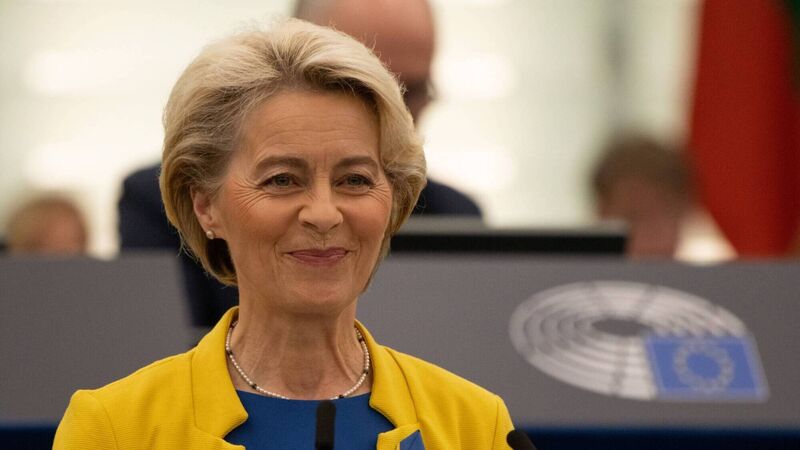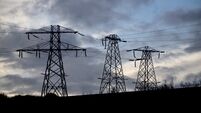EU unveils interim gas market steps with no quick price cap

“We know that we are strong when we act together,” European Commission President Ursula von der Leyen
The European Union announced a new emergency package to tackle the energy crunch, betting on steps to bolster solidarity among member states. But the bloc is refraining from immediate gas-price caps amid political divisions and concerns over security of supply.
The European Commission proposed measures on Tuesday to avoid extreme price spikes in energy derivatives and to use the EU’s joint purchasing power as a leverage in negotiations with global gas suppliers. The bloc’s executive arm also wants to launch a new liquefied natural gas index to better reflect the region’s energy reality after a cut in supplies of pipeline gas from Russia.














